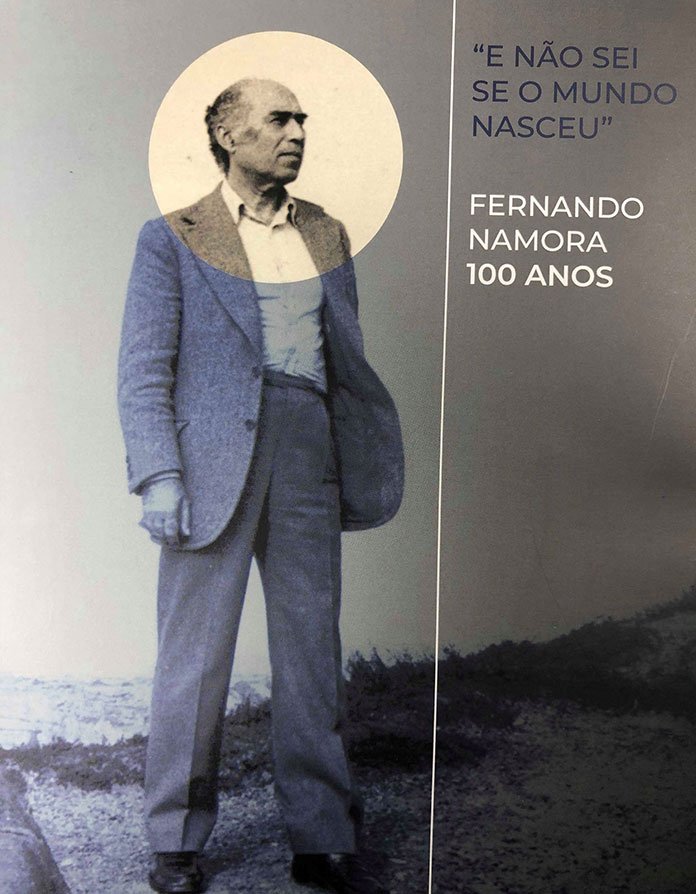
Taking place at the Neo-Realism museum in Vila Franca de Xira, until November 17th 2019 and with free admission, this is an exhibition dedicated to Fernando Namora (Condeixa, 1919-Lisboa, 1989), who’s an outstanding figure in the Portuguese culture of the 20th century and one of the most translated Portuguese authors in the world. E não sei se o mundo nasceu – Fernando Namora 100 Years is the name of the exhibition, which relies on the curatorship of António Pedro Pita, and focuses on the life and work of the doctor, fictionist and poet. Previously, the Portuguese President Marcelo Rebelo de Sousa, distinguished, in the fourth edition of Festa do Livro in Belém, Lisbon, the writers Mário Cláudio and Fernando Namora, this one posthumously, and the editor Zeferino Coelho. This was the third honour awarded by the Presidency of the Portuguese Republic to Fernando Namora, after receiving Grande Oficialato da Ordem de Santiago de Espada, awarded by Ramalho Eanes, and the Grã-Cruz da Ordem do Infante D. Henrique, awarded by Mário Soares. In spite of his graduation in medicine from the University of Coimbra, Fernando Gonçalves Namora soon abandoned medical practice, to start working in a pharmaceutical company, for a short period of time though. He became a writer at a very young age, as he was only 16 and tried all literary genres, from essays to tales, from poetry to romance, from chronicles to a memorialist registration, having published hundreds of titles, many of which reedited and translated into several languages. Fernando Namora published his first book in 1938, As Sete Partidas do Mundo, which honoured him with the Almeida Garrett Prize, exactly in the same year he was awarded António Augusto Gonçalves prize, of plastic arts. Some of his most striking works were adapted to cinema and television in the Decades of 1960 and 1980 like Retalhos da Vida de Um Médico and Domingo à Tarde.










